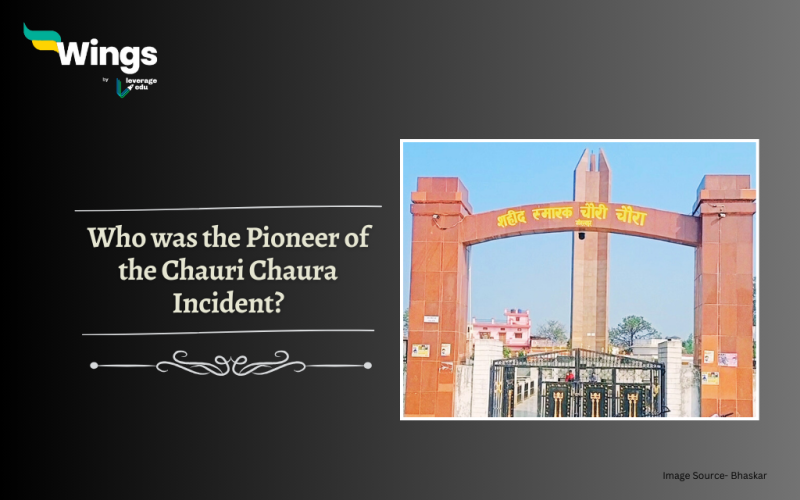A town in Gorakhpur, Uttar Pradesh, on 4 February 1922 witnessed one of the worst incidents in Indian history. This town was called Chauri Chaura, and this incident was a massive fire set by peasants at the police station. It killed 22 policemen which led to Mahatma Gandhi calling off the Non-Cooperation Movement. The pioneer of the Chauri Chaura incident was Bhagwan Ahir, an army pensioner the British Police killed, which led to this traumatic incident in Uttar Pradesh. Let us get to know who was the pioneer of the Chauri Chaura incident.
Table of Contents [show]
Background of Chauri Chaura Incident
On 1 August 1920, Mahatma Gandhi announced the Non-Cooperation Movement which meant boycotting the goods made by Britishers and promoting Swadeshi, material things made by and in India.
On 4 February 1922, a large group of protestors of the non-cooperation movement were protesting outside the police station, the latter broke fire into the crowd. It led to a massive fire set by the former at the police station.
Also Read- Popular and Inspirational Quotes and Slogans of Mahatma Gandhi
About Bhagwan Ahir
Bhagwan Ahir, the pioneer of Chauri Chaura, was born in Gorakhpur, Uttar Pradesh to Ram Nath Ahir in a landlord family. Bhagwan Ahir had leading roles for most of his life, like teaching people to follow whistle commands and parades. He guided the crowd of Chauri Chaura to beat police constables to death and brought the grass to fire the police station. The crowd of 2000-2500 people, at that time, had no arms, but the officer in charge Gupteshwar Singh ordered policemen to open fire in the air, which upset the crowd. This is why they retaliated.
He was sentenced to death after a year of the incident under section 302/149 of the Indian Penal Code. In July 1923, after much appeal to the High Court, he was hanged to death.
That’s all about who was the pioneer of the Chauri Chaura incident. If you want to read more articles like this, you can get Study notes on the Modern History of India here. Also, you can visit our general knowledge page on Indian History!
 One app for all your study abroad needs
One app for all your study abroad needs















 45,000+ students trusted us with their dreams. Take the first step today!
45,000+ students trusted us with their dreams. Take the first step today!
